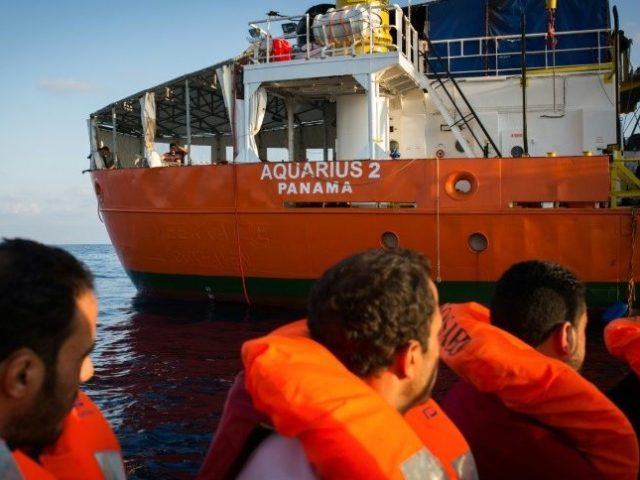Belgian international law professor Pierre d’Argent has noted that while the UN migration pact is “non-binding” on countries, it does set up a “framework” which he says could be used by lawyers to interpret the meaning of laws.
Professor d’Argent, who teaches at Belgium’s largest French-speaking university, the Université Catholique de Louvain, said: “The pact itself says that it establishes a framework of legally non-binding cooperation. It is a political instrument that does not constitute an international treaty. It creates neither legal obligations of international law between states, nor rights for the benefit of individuals.”
He did, however, also note that “one can imagine that in some cases before international jurisdictions, lawyers use this pact as a reference tool to try to guide them.”
“But it would simply be the use of this pact as an argument to give a definite meaning to the rules of law. This has already occurred in international or national jurisdictions to refer to instruments that are not legally binding,” he added, according to RTBF.
‘No Compromises’: Merkel Launches Passionate Defence of UN Migration Pact https://t.co/HcfylEemUM
— Breitbart London (@BreitbartLondon) November 21, 2018
While d’Argent said the chance of lawyers using the pact to interpret laws was “unlikely” in his opinion, many countries like the United States, Hungary, and Austria have pulled out of the pact entirely.
The legal analysis comes as German law professor Matthias Herdegen came to a similar conclusion, as Breitbart London reported this week. Remarking that the UN compact occupied a “legal grey area”, it “gives the impression of [state] liability” and would raise the expectations of potential migrants in the third world, having the impact of potentially rising migration levels even if no laws changed.
The Belgian government is conflicted on the issue with the Flemish nationalist New Flemish Alliance (N-VA) coming out against the pact and wanting Belgium to also withdraw, while their coalition partners the Reformist Movement led by Prime Minister Charles Michel have vowed to sign it.
One of the most staunch defenders of the pact has been German Chancellor Angela Merkel who called the pact “a win-win situation” for Germany and complained that opponents of the agreement were proponents of “nationalism in its purest form.”
“That’s why it is in our national interest that the conditions around the world, for refugees on the one hand and migrants on the other, are improved … Otherwise, of course, people will say you only have a few countries you can go to, and try it and risk their lives,” she said.

COMMENTS
Please let us know if you're having issues with commenting.